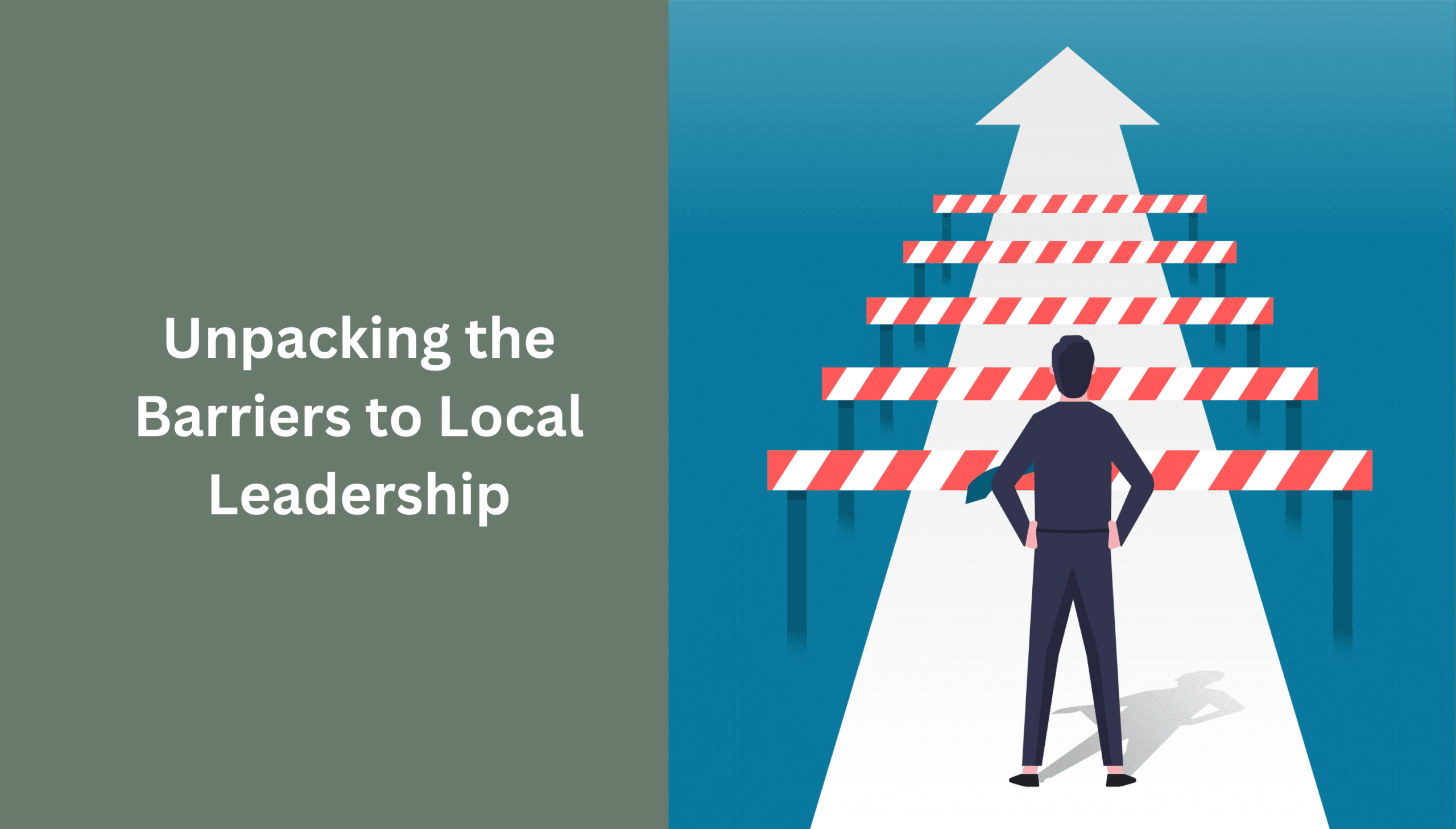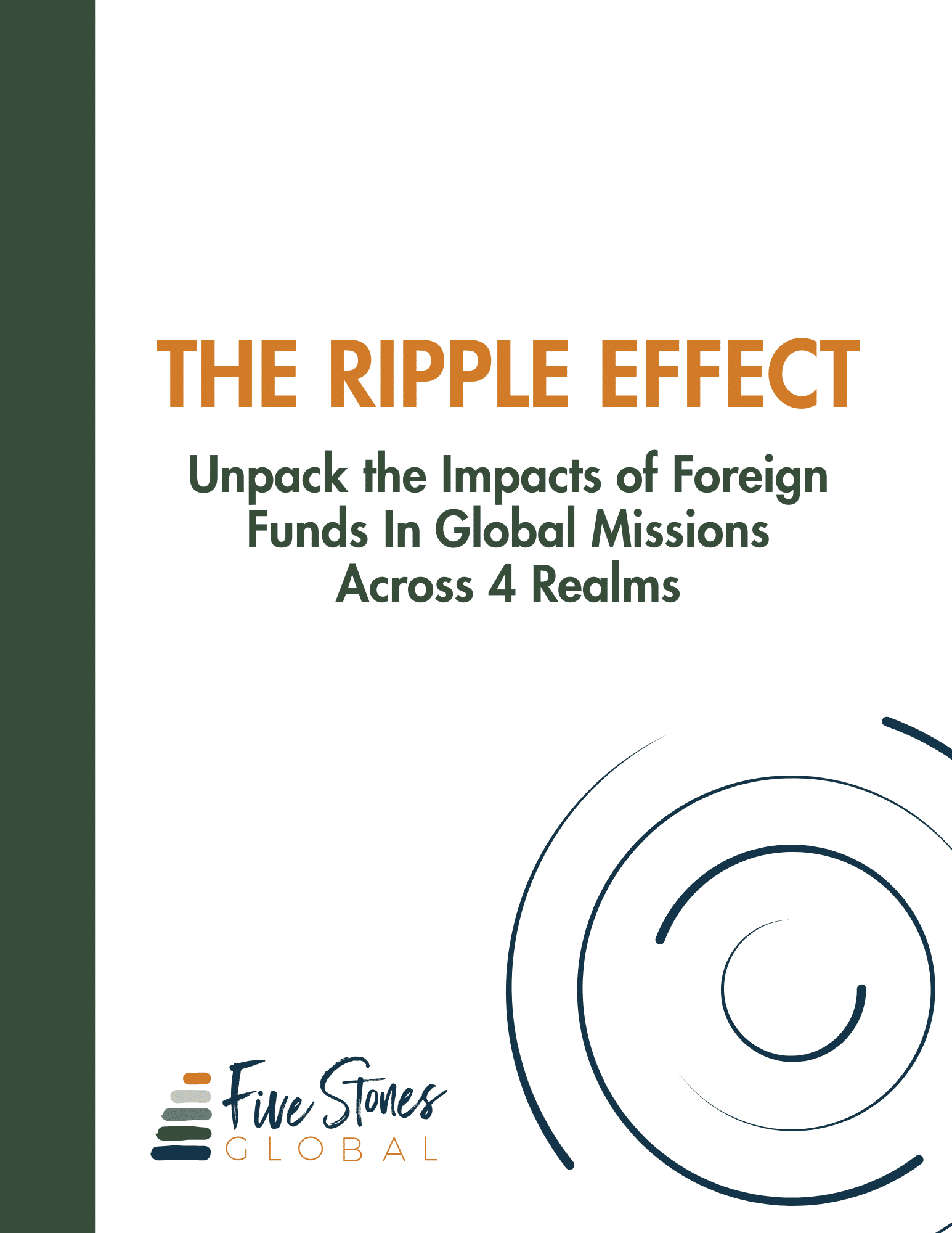By Jean Johnson
As missionaries, many of us have poured our hearts into training local leaders, only to see them fade away. This heart-wrenching experience raises an essential question: why does it happen?
Lack of Sustainable Local Leadership
There are at least six key reasons why the recipients of foreign missions may struggle to take leadership responsibility:
- Functional Ownership: They view the initiative as your project and expect compensation, lacking a sense of psychological ownership. Without this ownership, they are likely to move on to other organizations or missionaries offering more benefits.
- Saving Face: They may not fully align with your vision, or they may deem your vision ineffective in their context, yet they go along to avoid offending you.
- Comparative Poverty Mindset: They may feel unable to replicate your success due to the resource disparities you introduce.
- Paternalism: A belief that people from places like the U.S. should run the show can lead to potential local leaders deferring to you rather than leading.
- Dependency: Some have learned that helplessness can secure ongoing support from you, making them reluctant to break the cycle of dependency on financial and material resources.
- Heroism: When ministries are built around your vision, expertise, skills, and resources, it can hinder the development of local leadership from the outset.
Fostering Sustainable Local Leadership
For every problem, there is a solution. As missionaries, we must shift our mindsets. True partnership requires profound respect for local culture and leadership potential. Here are reflective questions to guide this transformative process:
- How will I draw out their local vision rather than imposing my own?
- What steps can I take to create ample space for them to express their opinions and ideas?
- How will I use and promote reproducible local assets?
- In what ways will I ensure my strategies align with their cultural context?
- How will I serve from a humble position rather than as a patron?
When local leaders thrive, entire communities change for the better. Sustainable leadership promotes resilience, minimizes dependency, and fosters long-term, transformative impacts that go beyond our tenure as missionaries.
If you are ready to embrace this transformative approach and equip yourself with other necessary tools, I encourage you to explore our We Are Not The Hero Course. The next course kicks off on September 11th.
Let us commit to becoming facilitators of local vision and promoters of indigenous leadership, ensuring that our efforts bear fruit that lasts for generations to come.


